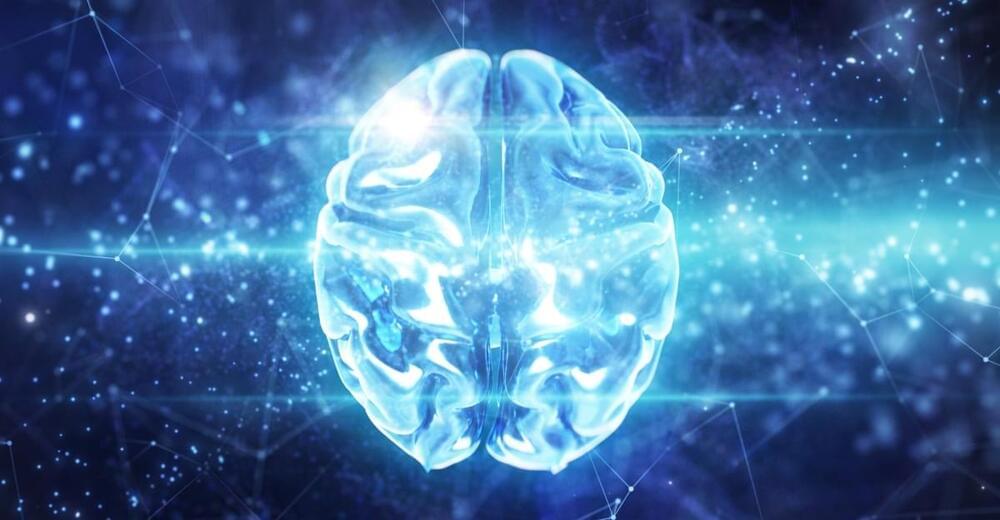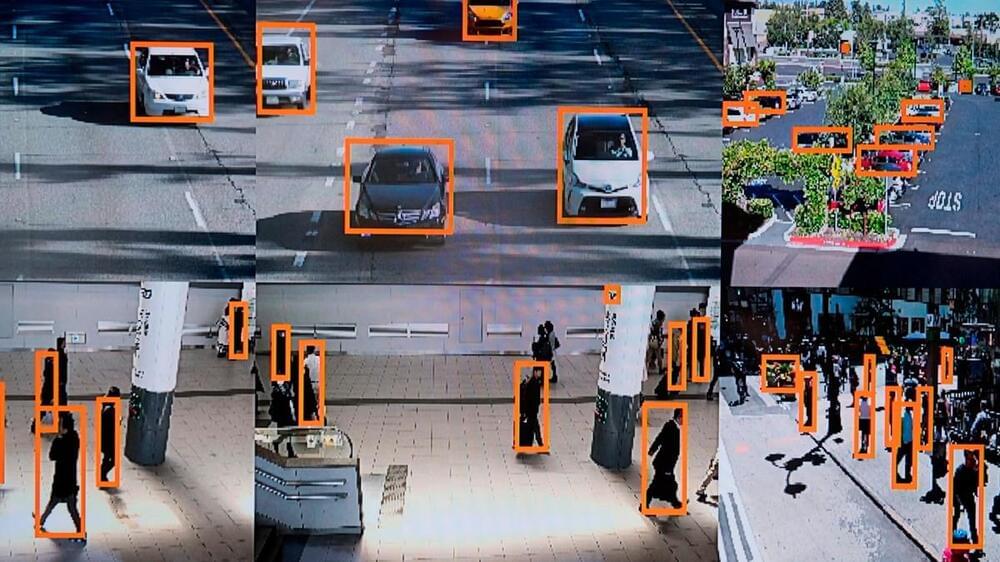Recent technological advances, such as the development of increasingly sophisticated machine learning algorithms and robots, have sparked much debate about artificial intelligence (AI) and artificial consciousness. While many of the tools created to date have achieved remarkable results, there have been many discussions about what differentiates them from humans.
More specifically, computer scientists and neuroscientists have been pondering on the difference between intelligence and “consciousness,” wondering whether machines will ever be able to attain the latter. Amar Singh, Assistant Professor at Banaras Hindu University, recently published a paper in a special issue of Springer Link’s AI & Society that explores these concepts by drawing parallels with the fantasy film “Being John Malkovich.”
“Being John Malkovich” is a 1999 film directed by Spike Jonze and featuring John Cusack, Cameron Diaz, and other famous Hollywood stars. The film tells the story of a puppeteer who discovers a portal through which he can access the mind of the movie star John Malkovich, while also altering his being.





